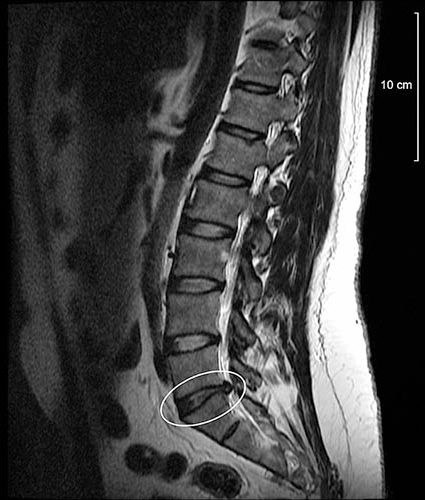
If you have a pacemaker or any metal inserted in your body – including in your hips – your doctor may suggest another form of testing, like a CT scan. Preparing for a Hip MRIīecause of the use of magnets, there are some precautions you will need to take before the hip MRI takes place. If a hip seems to have been broken or damaged, this is a likely diagnostic procedure you will undergo. Trauma and birth defects can also be a cause for this imaging, as well as suspected cancer or other disorders in this region. You may be sent for this testing if you have unexplained hip pain or abnormal x-ray results. Pelvic MRIs allow a doctor to see the area between your hips, your reproductive organs, blood vessels, and hips themselves.ĭoctors will request hip MRIs for a variety of reasons. If your hips are the area in question, a pelvic MRI will be performed. Often, an MRI will be targeted to a particular area of the body.

MRIs focus on the soft tissue of the body, like muscles and organs, rather than just bones like you may see in an x-ray. This is done without incisions or exploratory surgery being necessary.

MRI stands for magnetic resonance imaging, meaning it is a scan that uses magnets and radio waves to depict images of the inside of your body. By detailing what happens during a hip MRI and how long it may take, your trip to an MRI Atlanta imaging center can be made easy. While some of the elements may be true for you, going into an MRI with an understanding of what is happening and why can reduce stress. Media depictions of MRIs often focus on the heavy-duty equipment and the confined space that may be required to undergo a scan properly.

For many people, finding out they need to have an MRI can cause stress.


 0 kommentar(er)
0 kommentar(er)
